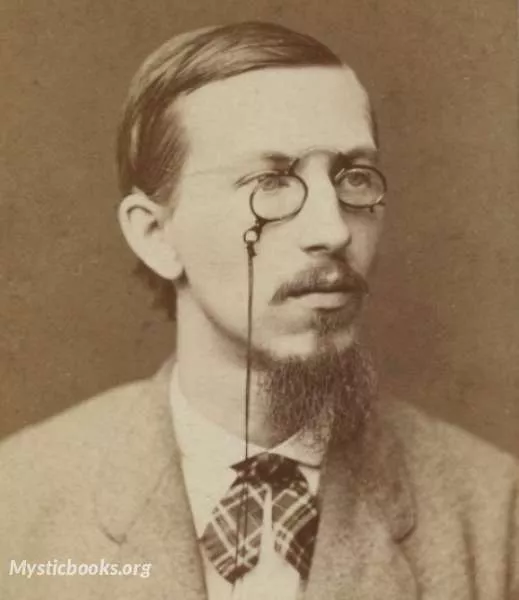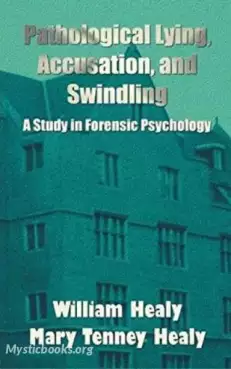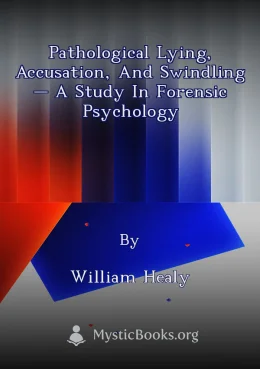
Timeline
Title
Country/Nationality
William Healy
William Healy was a British-American psychiatrist and criminologist who started the earliest American child guidance clinic, was a pioneer of psychoanalysis in the United States, and served as the American Orthopsychiatric Association's founding president.
Healy was born in Buckinghamshire, England on January 20, 1869. He came from a family of farmers who had resided in Farnham Commons of Beaconsfield, twenty-five miles northwest of London for generations.
At fourteen, before finishing eighth grade, Healy began work as an office boy at a bank. The small bank was somewhat of a “cultural storehouse” with Shakespearean scholars, poets, and conductors for employees. Over the next ten years, Healy became head “bookkeeper” before applying to Harvard.
Healy likely received encouragement from William Salter, leader of the Chicago Ethical Cultural Society, Harvard alumnus, and brother-in-law of William James, to apply to Harvard. Healy failed the Latin portion of the Harvard required exams but was still awarded a degree and studied at Harvard Medical School for three years before returning to Chicago and completing his degree at University of Chicago’s Rush Medical School specializing in gynecology.
Healy began his career in 1901 as an instructor in gynecology at Northwestern Medical School. During his two year stint there, he also edited the journal Gynecology and Anatomy and Physiology and Pathology. During this time his interest began to shift toward neurology, and in 1903 he took up a post as instructor of Nervous and Mental Diseases at Chicago Polyclinic. He stayed at this post until 1916, while simultaneously running a private practice in general medicine.
In 1906 and 1907, Healy studied in Vienna, Berlin, and London, and it was during this trip that he was exposed to Freud’s Interpretation of Dreams. Healy became very interested in Freud’s psychoanalysis while remaining skeptical of Freud’s focus on infantile sexuality. He was a significant factor in bringing psychoanalysis to the United States, and published Structure and Meaning of Psychoanalysis in 1931.
At a 1908 meeting at the Hull House, which Healy had been involved with since medical school, he organized a research program with juvenile delinquents in the juvenile court system. Healy traveled the country discussing his ideas, and in 1909 led the formation of the Chicago Juvenile Psychopathic Institute. This was the first child guidance clinic. In 1917, Healy left Chicago for Boston to head the Judge Baker Foundation, a similar institution for juvenile research. Until he retired in 1947, Healy continued to conduct research at the Judge Baker Foundation, which became known as the Judge Baker Guidance Center. During this time period, he also taught periodically at Harvard, Boston College, and Yale.
Healy's first wife died. In 1932, he married American psychologist Augusta Fox Bronner (1881–1966), whom he had first met in 1913. Bronner was his long-term collaborator; they co-wrote multiple publications on juvenile delinquency. Healy died in Clearwater, Florida in 1963.
Books by William Healy

Pathological Lying, Accusation, and Swindling
This work describes and analyzes several cases of pathological behavior. The interest comes not only from the cases themselves, but also from the of-its-time analysis which is mired in what we now know to be wrong thinking about mental illness, sexua...

Pathological Lying, Accusation, and Swindling – A Study in Forensic Psychology
This book explores the complex and fascinating world of pathological behavior. Through a series of case studies, the author examines the motivations and characteristics of individuals who engage in pathological lying, accusation, and swindling. This...